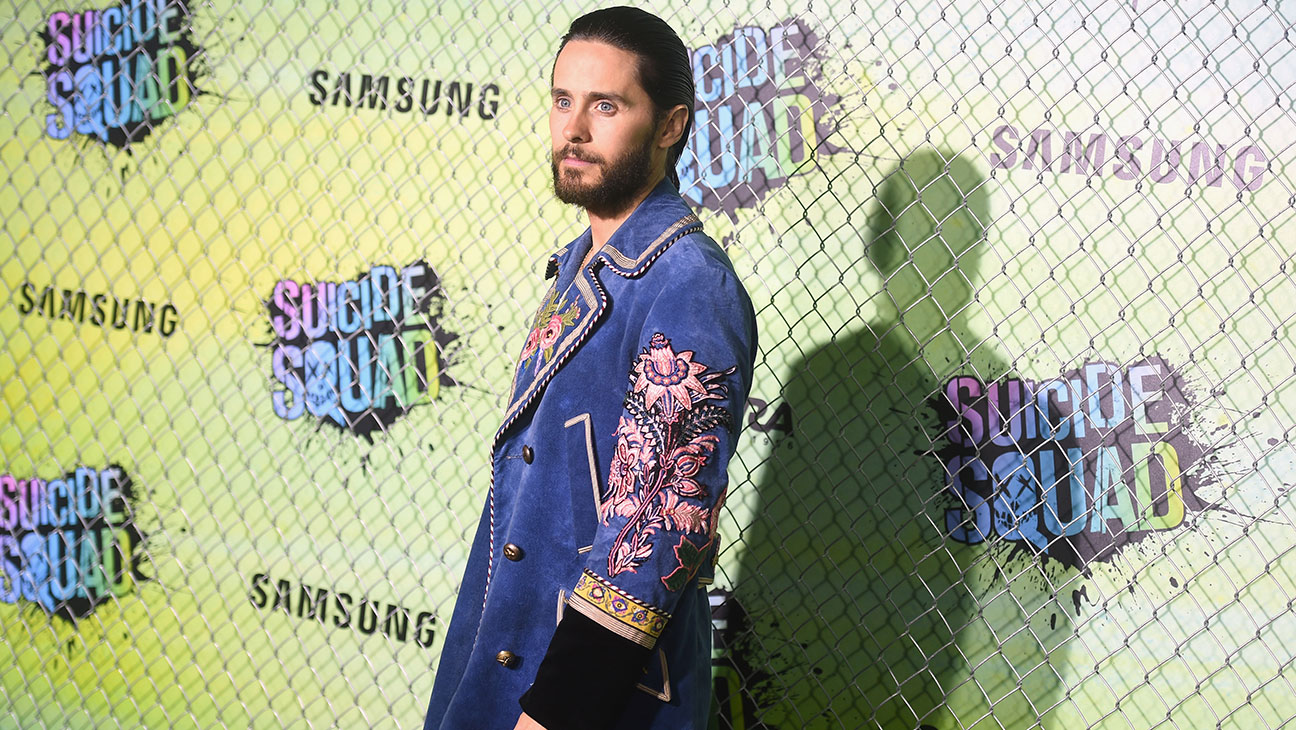You may have read earlier this week Jared Leto’s claims that he was “tricked" into doing Suicide Squad. These claims of course came in the wake of the film’s poor critical reception and steep box office drop off after its opening weekend. In a nutshell, Leto alleges that he initially believed the film would be much a much more artistic outing than what was on the screen and he feels duped. Now, we could certainly sit here and speculate how (with whole plot details and often times entire scripts being leaked online to the lay public prior to a film’s release) the arguable star of a major motion picture could ever be tricked into thinking the film was X when it’s really Y. But rather than unpacking that dubious version of events and the spinning and "taken out of context" responses there’s something else that needs to be addressed here—the art of shifting the blame for your participation in a critically panned film.

There’s a way to do it tactfully and believably, without the claims seeming like sour grapes. It’s a one-step process. It’s incredibly easy to remember and it will help actors avoid the side-eyes that Jared Leto and his claims are surely receiving. Here it goes...
If you are an actor looking to disavow your film or shift blame because of its poor reception, here’s how you do it—don’t. It will not work out in your favor. Do not do it.
Beyond the fact that this is incredibly insulting to your co-stars (so, we’re to assume then that Viola Davis, Margot Robbie and Will Smith weren’t under the same misconception as Leto and they simply have inferior taste in projects?) it never leaves you standing in a favorable light. It almost always makes you look uncharitable. There's no doubt that Leto himself believes every word of what he's saying, but is anyone else buying these claims as an actual account of what really happened? Did anyone read Leto’s comments and think “Phew. Okay. He’s still a great actor. It’s the movie’s fault!”? If so, please discuss in the comments.
 The SUICIDE SQUAD cast having fun together. Not pictured: Jared Leto
The SUICIDE SQUAD cast having fun together. Not pictured: Jared Leto
Similar tactics have been attempted for years in Hollywood and it’s fascinating that actors continue to do this when it has never worked. Ever. It hardly saved face for Johnny Depp and Armie Hammer when they blamed critics and the media for The Lone Ranger’s critical and financial failure. Hearing the stars of a movie blame everyone else but themselves for the film’s failure—particularly when those stars are more than likely being paid more than everyone else they’re blaming tends to leave a bad taste in people’s mouths. It's akin to Sarah Palin (stay with me for a moment) going after mid-level campaign staffers in her memoir in a feeble and ultimately unsuccessful attempt to justify her own shortcomings. Even if there’s some modicum of truth to what's being alleged, it hardly seems worth it. It doesn’t positively turn the tide in terms of public perception, which is such a fleeting thing anyway. The public is fickle and perceptions of an actor’s talent or entire career can shift from project to project. It’s truly best to take the loss quietly and move on; there’s such a rich history of the opposite not working to support this assertion.
This need to shift blame seems to be very unique to male actors, which highlights a problem with how focused the movie industry is on the careers and bankability of male stars. Nathaniel recently touched on how sad it is that all of our contemporary auteurs seem to be obsessed with male stories, which is very true. In addition to all of the obvious results (movies that focus primarily on men, women relegated to functionary and often sexist characterizations, etc) another byproduct is this ego that would make a male actor think saying what Leto said could possibly be a good idea. In many ways, it's easy to see how Leto would come to such a conclusion when he's working in an industry that's build to prop up people who look like him. Compare that to Halle Berry leaning into Catwoman’s poor reception, accepting her Razzie in person with a hilarious and amazingly written speech (certainly better written than Catwoman). Ditto Sandra Bullock and All About Steve. Or Nicole Kidman’s candid assertion that, while being moved by Hugh Jackman and Brandon Walters’ performances in Australia, her own performance was a misstep on her part.
 Halle Berry and Sandra Bullock accepting their Razzie Awards
Halle Berry and Sandra Bullock accepting their Razzie Awards
It has actually been proven that there’s no difference between women and men in instances of behavior calling for an apology, yet women apologize nearly ten times more than men do in professional settings. Perhaps a shift in who the film industry props up could correct this. The male-centricity of the kinds of stories we tell is clearly yielding toxic results. As Cate Blanchett (an expert at masterfully and tactfully disavowing films without looking like an asshole) stated in her Oscar speech, “the world is round, people.” Here’s hoping Hollywood, nearly three years later can finally start to hear that and act accordingly. Everyone—audiences, filmmakers and yes, the stars—will be better off for it.